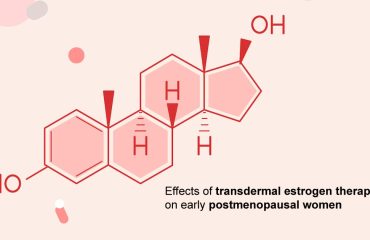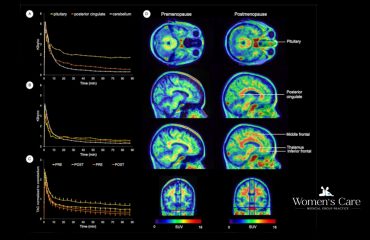
A liver detox, cleanse or flush is a program that claims to take out toxins in our body. The liver as all know is one of the largest organs is essential to the proper functioning of the body. It’s the body’s natural detoxifier as it purifies the blood of accumulated toxins, produces the digestive substances and stores the vitamins and minerals to be redistributed through the body .
Some people believe that following steps, such as eating particular foods, will help their liver recover after drinking too much alcohol or eating unhealthy foods, for instance. While others think that a cleanse will help restore their liver and help it to work better, even going so far as to say that flushing out toxins could help treat liver diseases.
But as dr. Sabine Wunschmann said : if toxins did build up in your liver to the extent that your liver couldn’t process them, you’d be seriously unwell !
The liver is classed as a gland and associated with many functions. It is difficult to give a precise number, as the organ is still being explored, but it is thought that the liver carries out 500 distinct roles.
The major functions of the liver include:
Bile production: Bile helps the small intestine break down and absorb fats, cholesterol, and some vitamins. Bile consists of bile salts, cholesterol, bilirubin, electrolytes, and water.
Absorbing and metabolizing bilirubin: Bilirubin is formed by the breakdown of hemoglobin. The iron released from hemoglobin is stored in the liver or bone marrow and used to make the next generation of blood cells.
Supporting blood clots: Vitamin K is necessary for the creation of certain coagulants that help clot the blood. Bile is essential for vitamin K absorption and is created in the liver. If the liver does not produce enough bile, clotting factors cannot be produced.
Fat metabolisation: Bile breaks down fats and makes them easier to digest.
Metabolising carbohydrates: Carbohydrates are stored in the liver, where they are broken down into glucose and siphoned into the bloodstream to maintain normal glucose levels. They are stored as glycogen and released whenever a quick burst of energy is needed.
Vitamin and mineral storage: The liver stores vitamins A, D, E, K, and B12. It keeps significant amounts of these vitamins stored. In some cases, several years’ worth of vitamins is held as a backup. The liver stores iron from hemoglobin in the form of ferritin, ready to make new red blood cells. The liver also stores and releases copper.
Helps metabolise proteins: Bile helps break down proteins for digestion.
Filters the blood: The liver filters and removes compounds from the body, including hormones, such as oestrogen and aldosterone, and compounds from outside the body, including alcohol and other drugs.
Immunological function: The liver is part of the mononuclear phagocyte system. It contains high numbers of Kupffer cells that are involved in immune activity. These cells destroy any disease-causing agentsTrusted Source that might enter the liver through the gut.
Production of albumin: Albumin is the most common protein in blood serum. It transports fatty acids and steroid hormones to help maintain the correct pressure and prevent the leaking of blood vessels.
Synthesis of angiotensinogen: This hormone raises blood pressure by narrowing the blood vessels when alerted by production of an enzyme called renin in the kidneys.
A well-balanced diet containing at least five portions of varied fruits and vegetables every day will help to detoxify your liver and maintain good health.
But along with more fruits and vegetables, there’s more you can do to help improve the health of your liver:
- Avoid toxins
- Exercise regularly
- Drink responsibly
- Eat balanced diet
- Maintain a healthy weight
Dr. Sabine Wünschmann
Obstetrician-Gynecologist Surgeon, Specializing in Hormonal Rehabilitation



